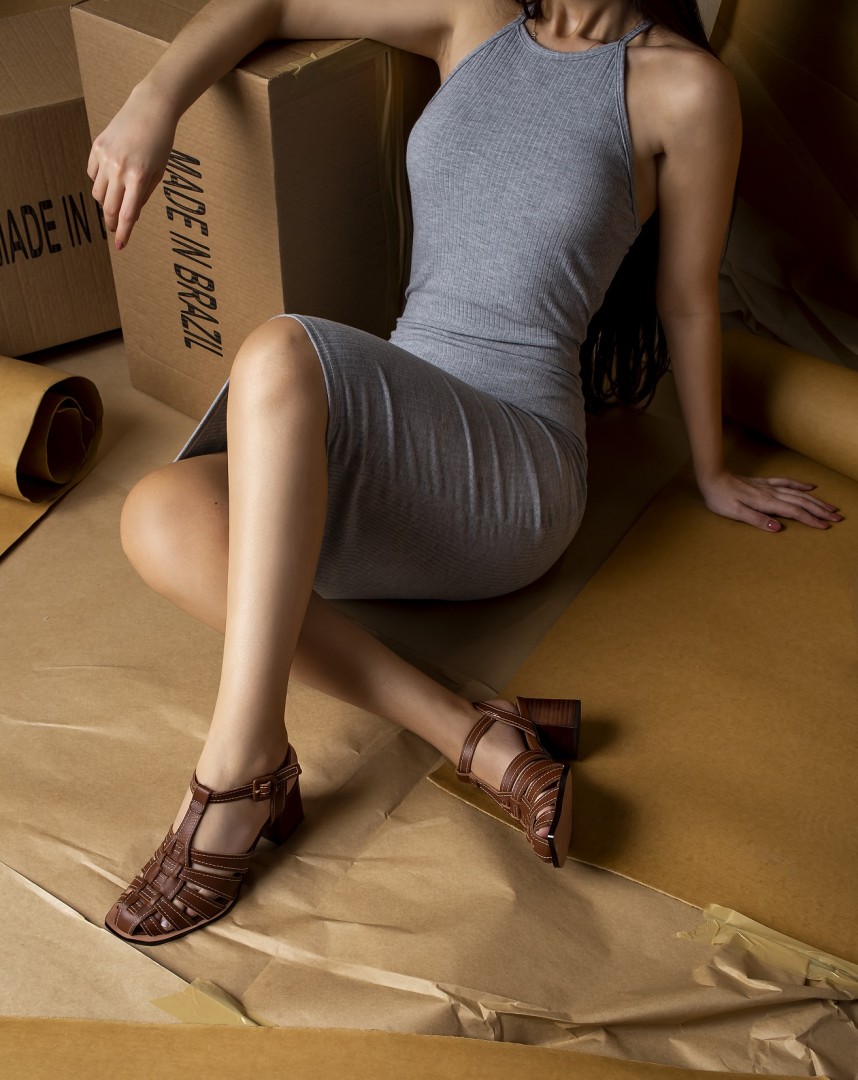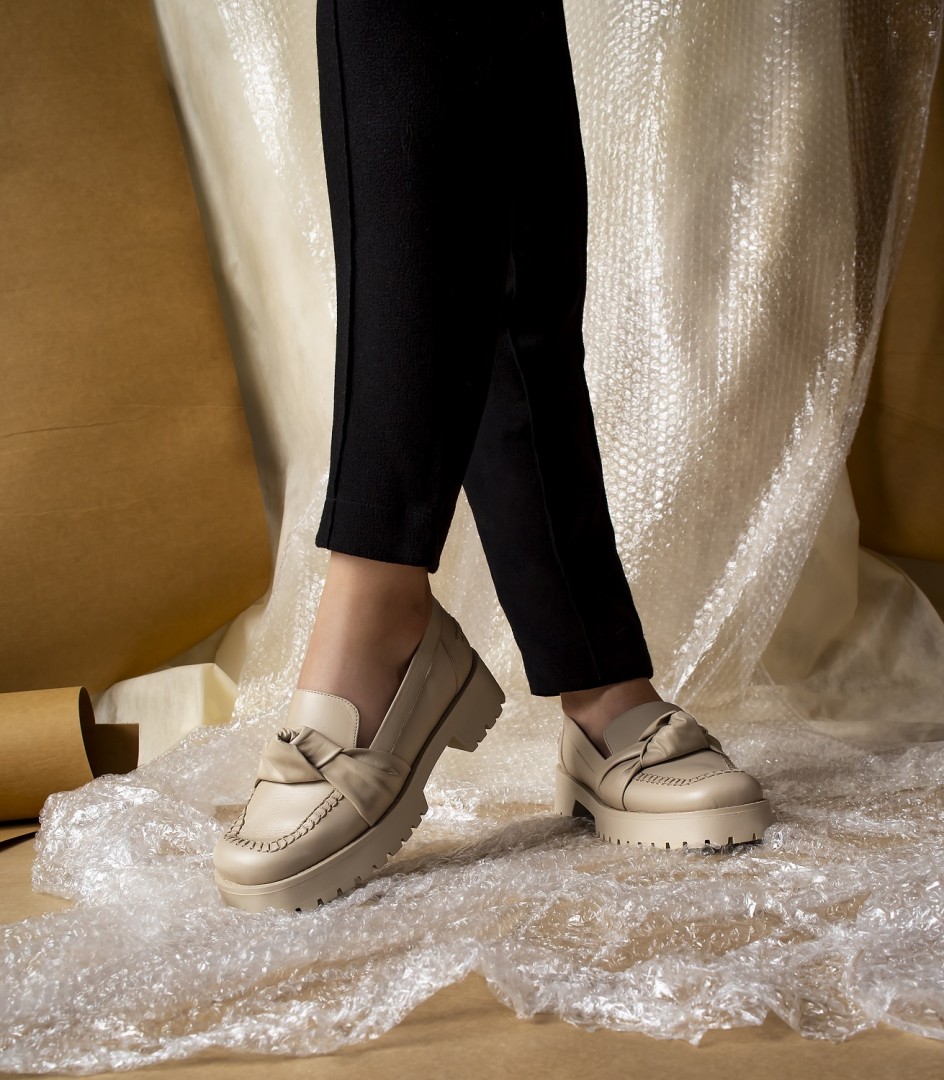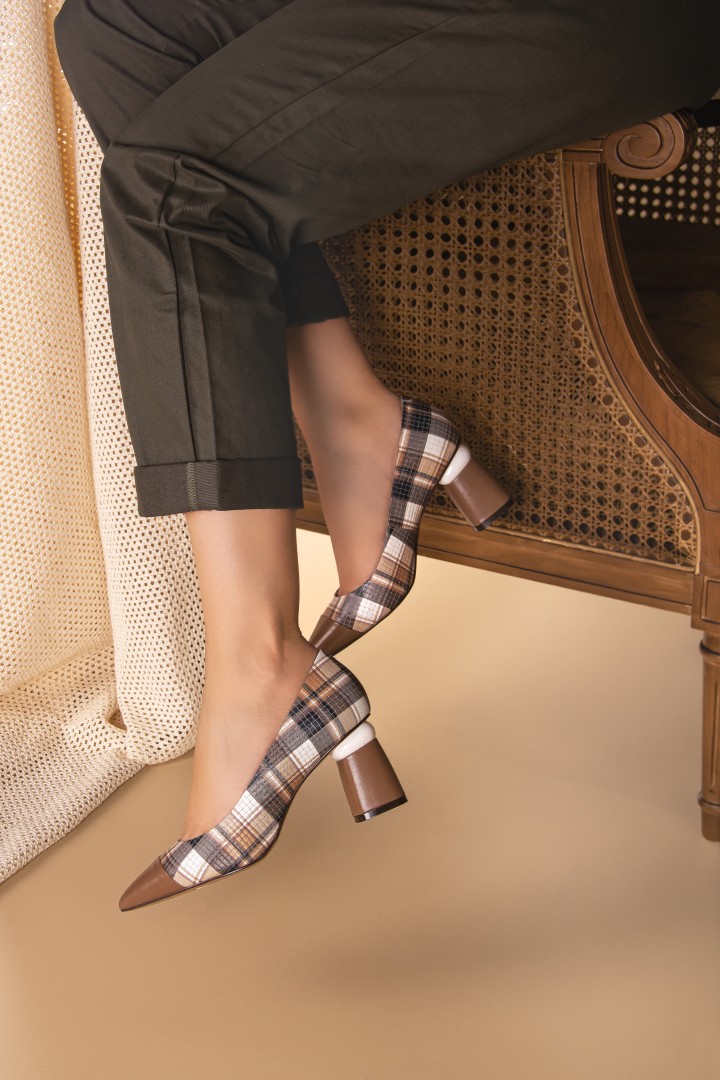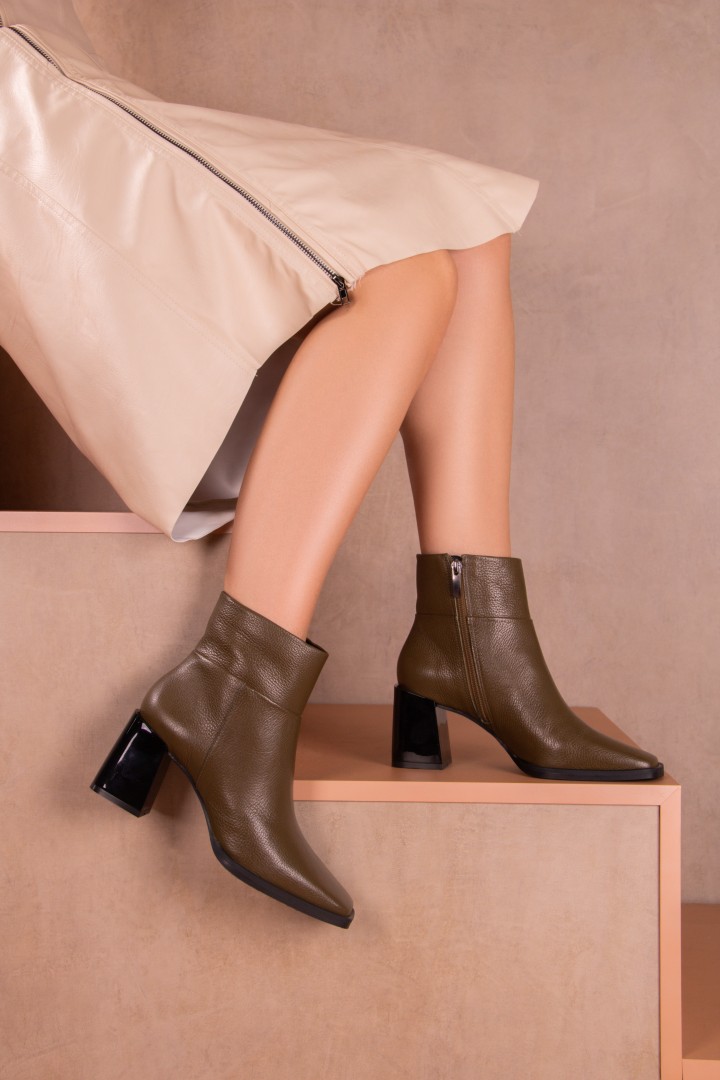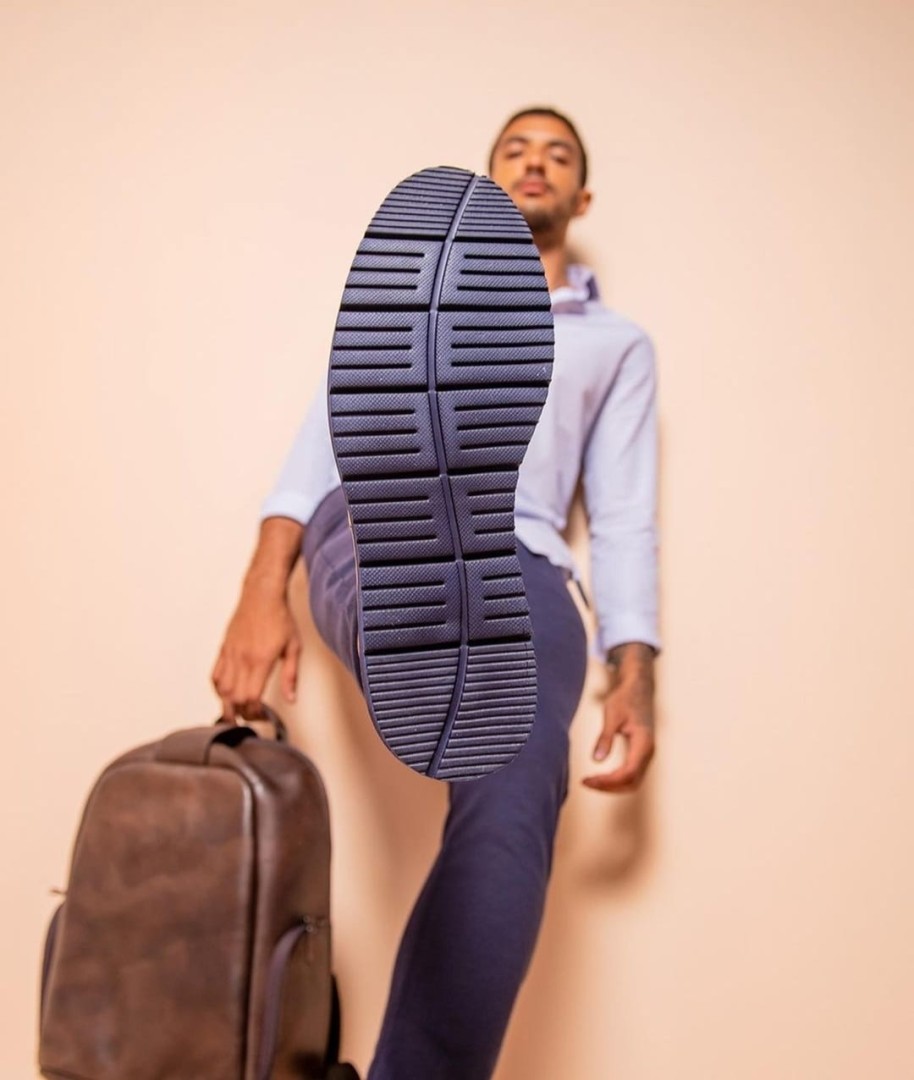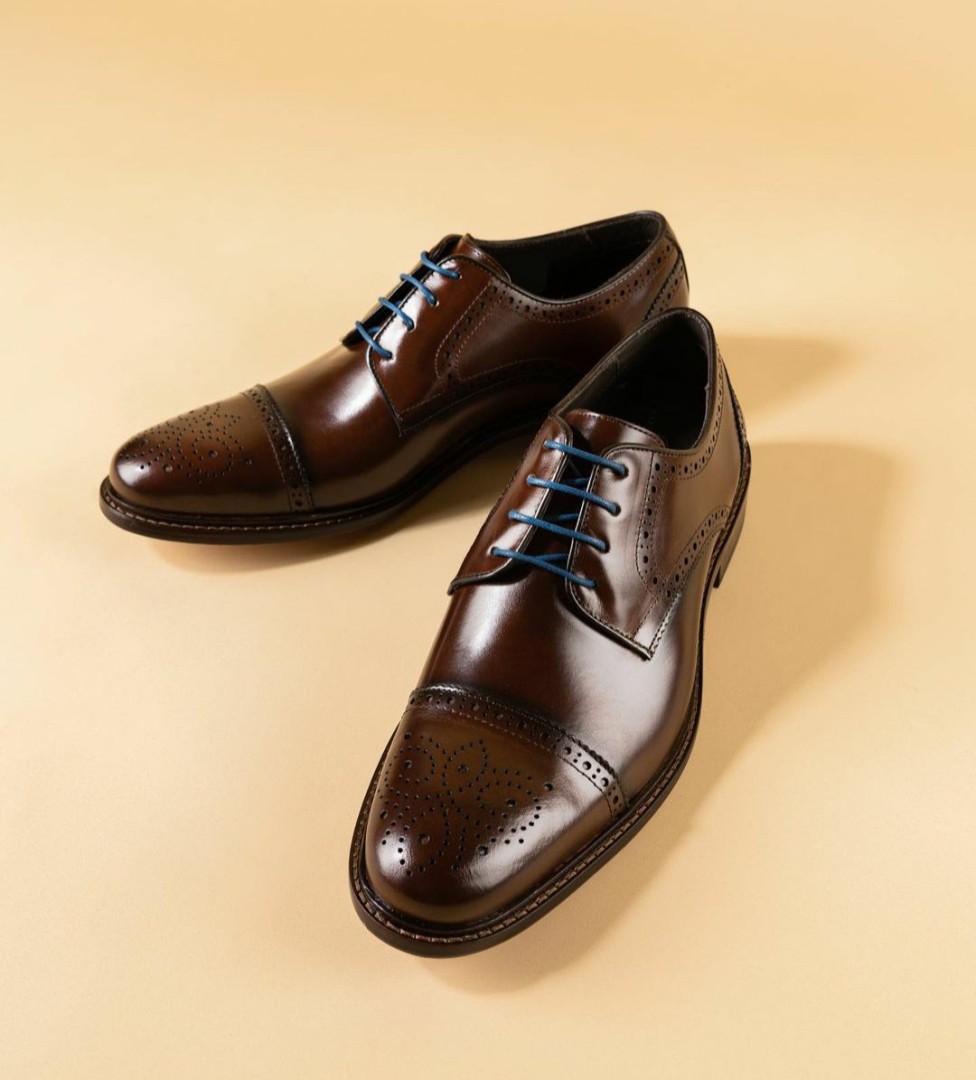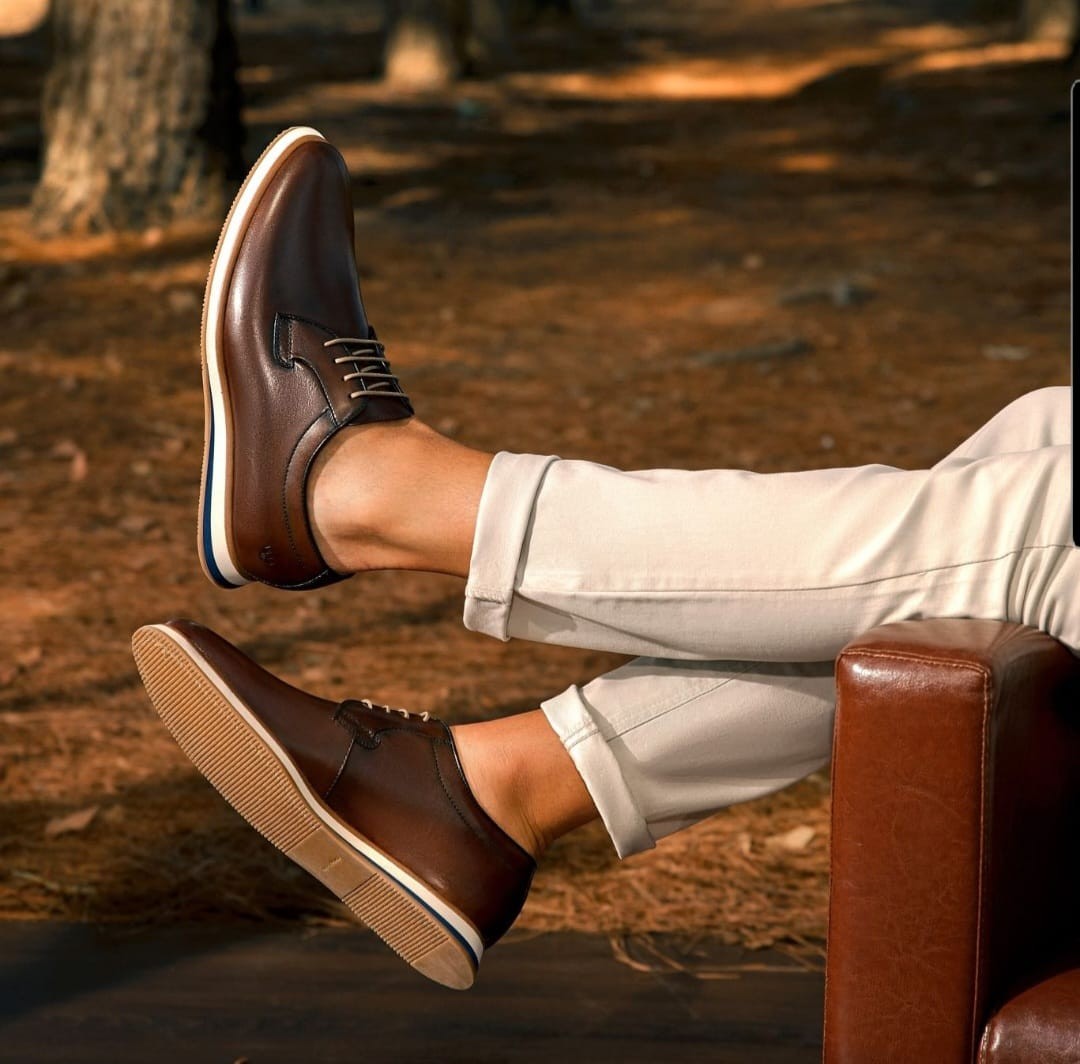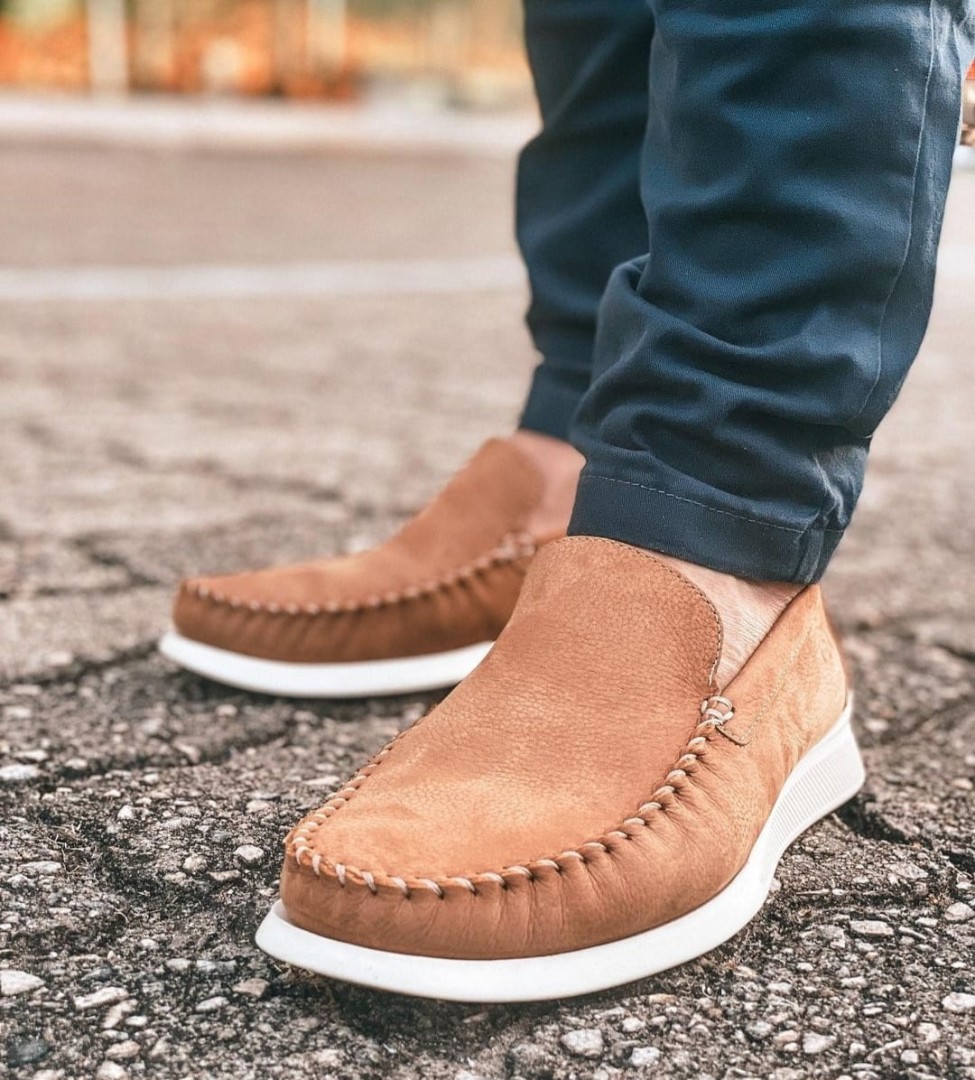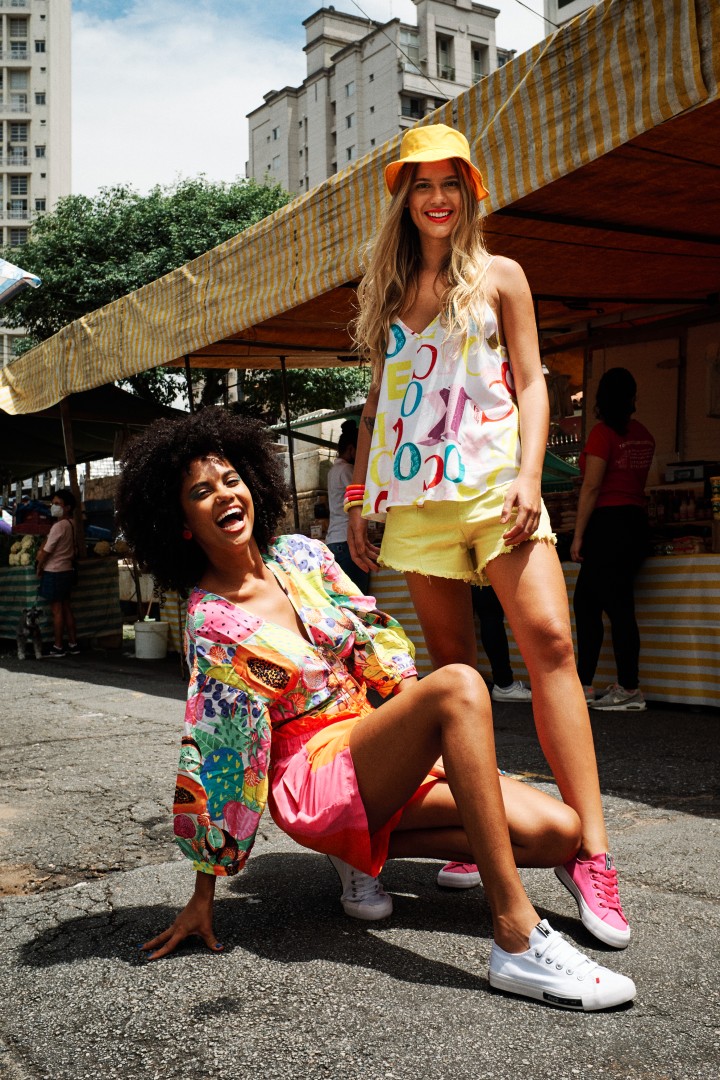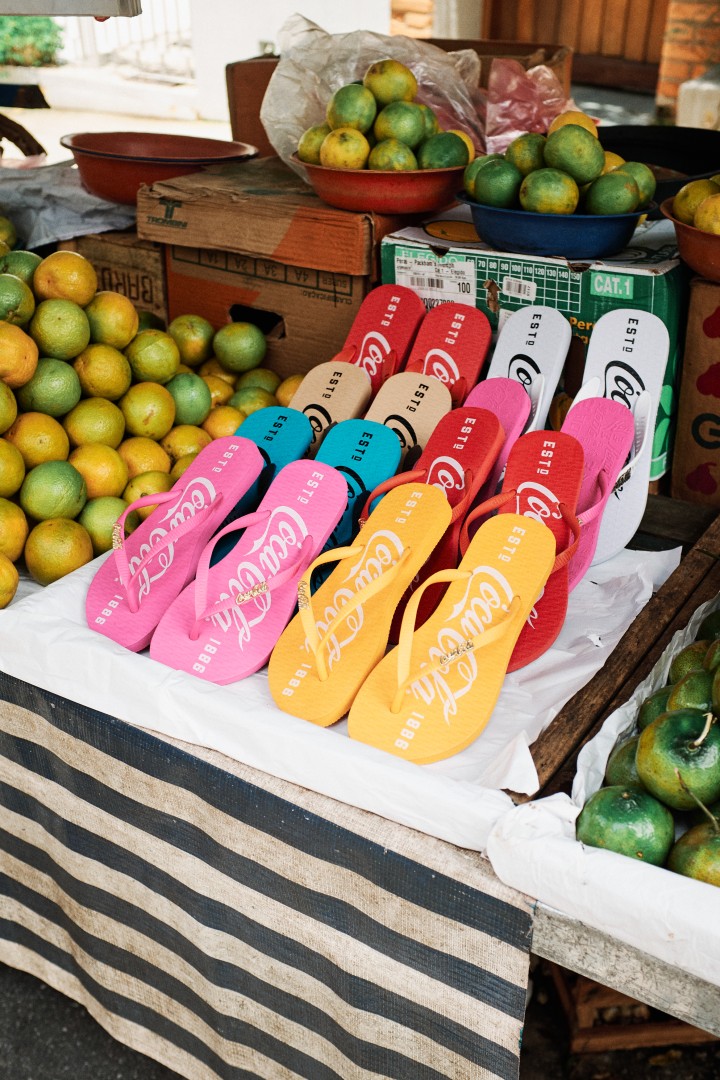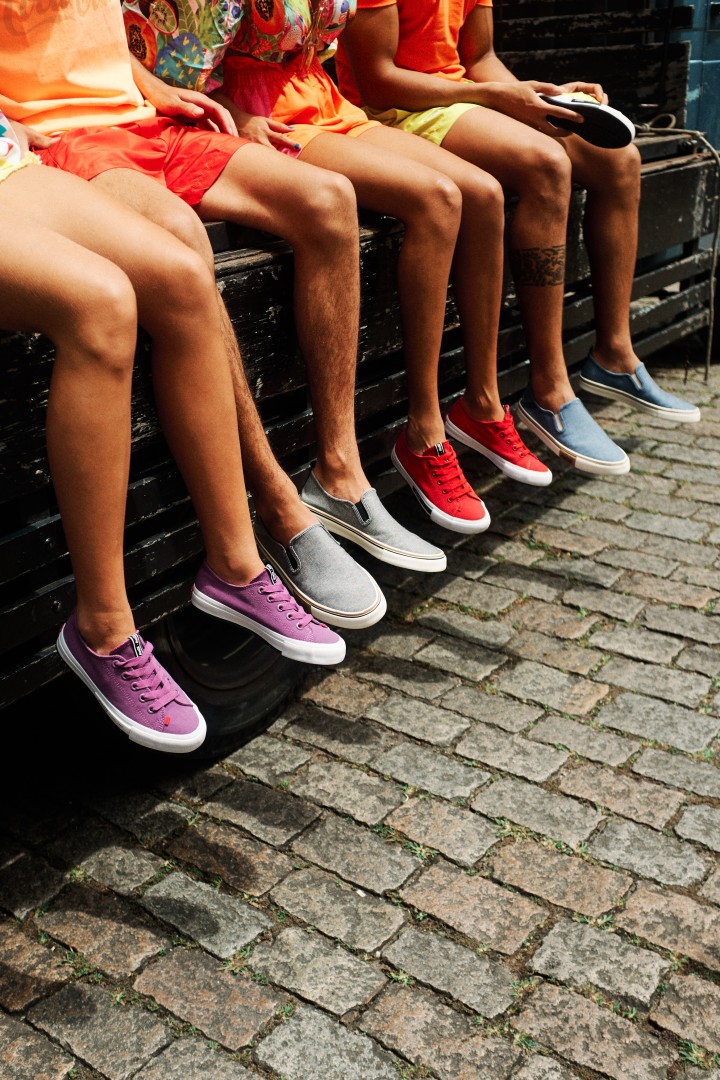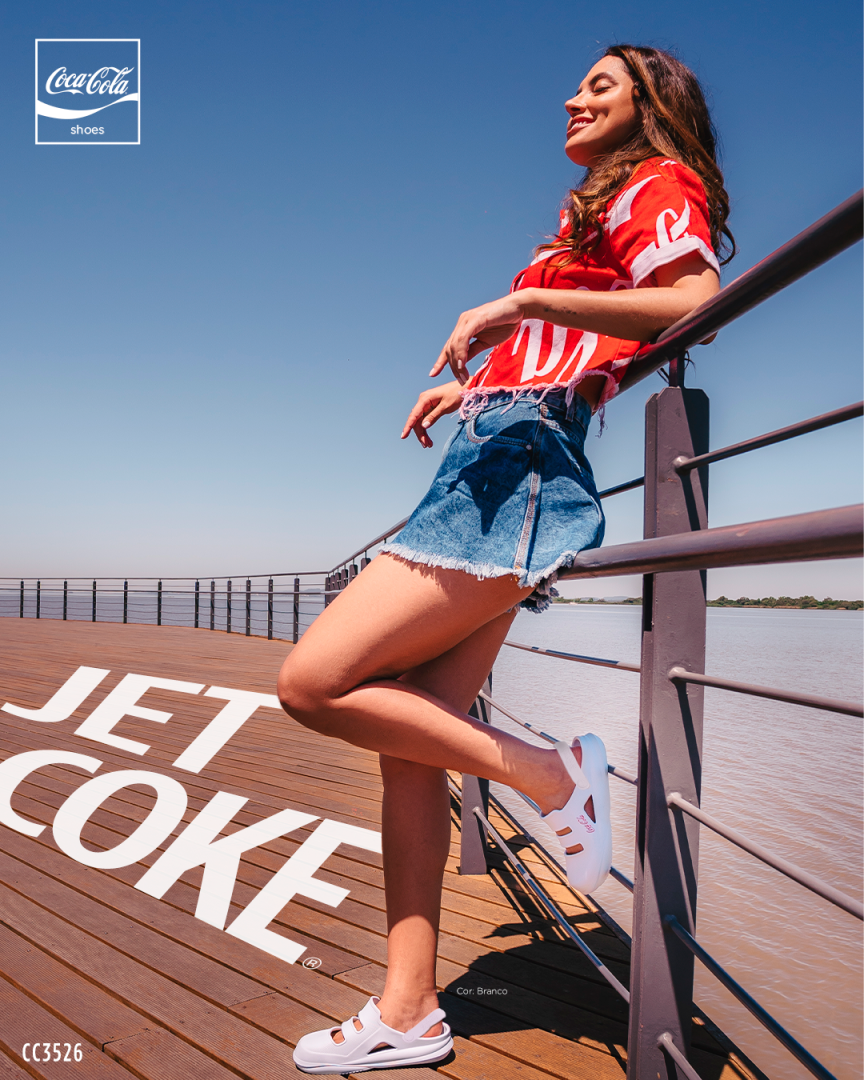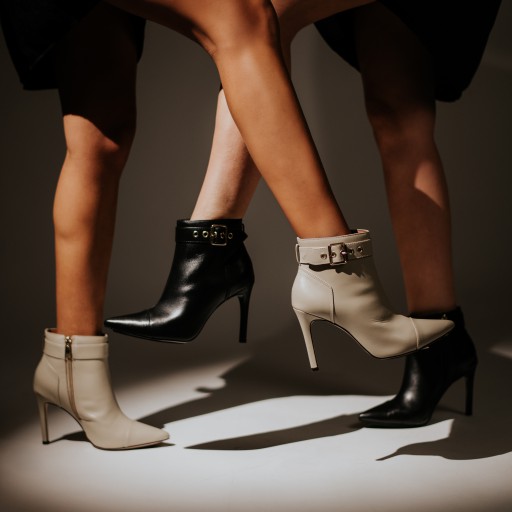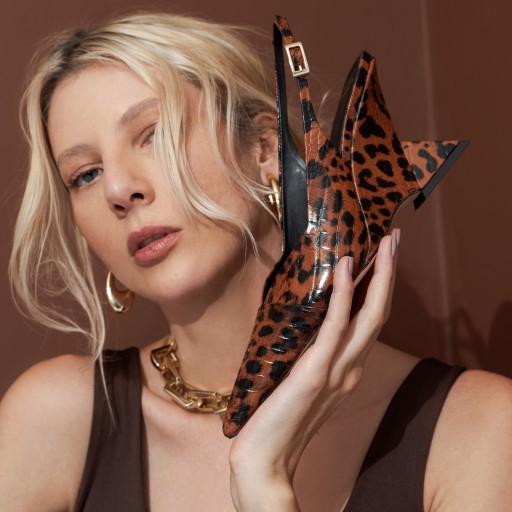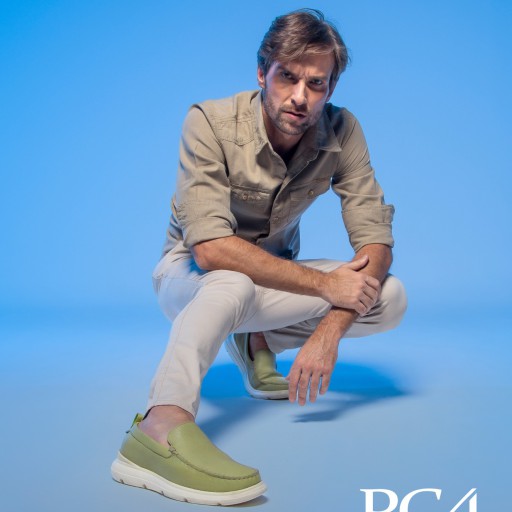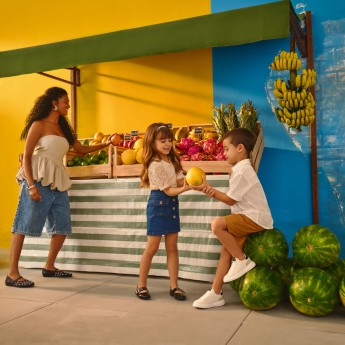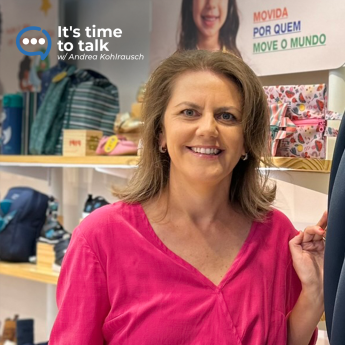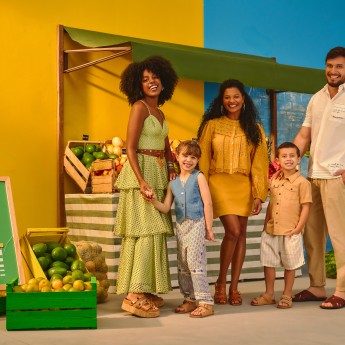Exports with third-party brands boost footwear industry
Present in over 170 countries, Brazilian footwear is the object of international desire

2022-04-13 | By Brazilian Footwear
Since the second half of 2021, the Brazilian footwear industry experiences a resumption that has as its main factor the increase in exports. Last year, 123.6 million pairs were shipped, 32% more than in 2020 and 7.3% more than in the year leading up to the Covid-19 pandemic (2019). In the first two months of 2022, footwear sales abroad followed the upward pace, adding more than 27.5 million pairs shipped abroad, 40% more than in the same period of 2021. According to the Brazilian Association of Footwear Industries (Abicalçados), in addition to the cooling of Covid-19, among the determining factors for performance are exports with brands of international customers, a model called private label.
The CEO of Abicalçados, Haroldo Ferreira, highlights that the demand for products for major international retail brands, especially from the United States, has been fundamental for the resumption of exports of Brazilian footwear. “It is the resumption of an important and historical moment of the Brazilian industry. Until the mid-2000s, when China emerged as the most important supplier of footwear in the world, Brazil was a major exporter of private label, especially for the United States, our historical main destination abroad,” says the executive, pointing out that at that time US demand migrated to Asia. After a hiatus of almost two decades, the demand of buyers from the United States for new footwear suppliers, alternative to Asian ones, has changed the “rule of the game”.
According to Ferreira, adds up to the new configuration in the international context, the evolution of the national production chain, much more prepared and competitive today than in the mid-2000s. "Today we have a complete chain, which has from components to the final product, all this with technology, quality, sustainability and design. In addition, attributes such as productive flexibility for sales of smaller batches, as well as the preparation for personalized service in the international market put us on another competitive level,” the executive evaluates, adding that China, although it is still the main footwear supplier on the planet, has been losing strength in the face of the needs of more demanding and conscious consumers, specially in North America and Europe. "The world consumer, increasingly, has paid attention to the origins of the product consumed, especially the issues of environmental, social and economic sustainability. In this context, Brazil stands out as the main supplier of footwear in the world,” he says.
In this scenario of increasing international demand for green-yellow shoes, the search for products with customer brands have been generating opportunities for Brazilian factories specialized in servicing the market of private label. Report generated by Abicalçados Market Intelligence points out that, in 2019, 15.8% of footwear shipped abroad were with brands of international customers, a number that rose to 18.2% last year. ”And it is a percentage that should grow in the coming years," projects Ferreira
